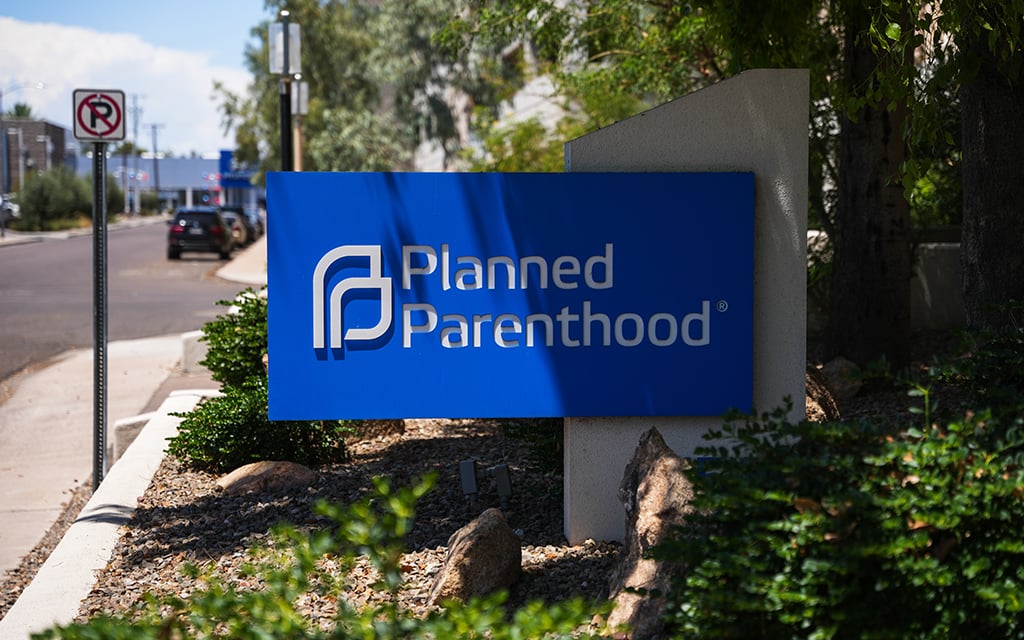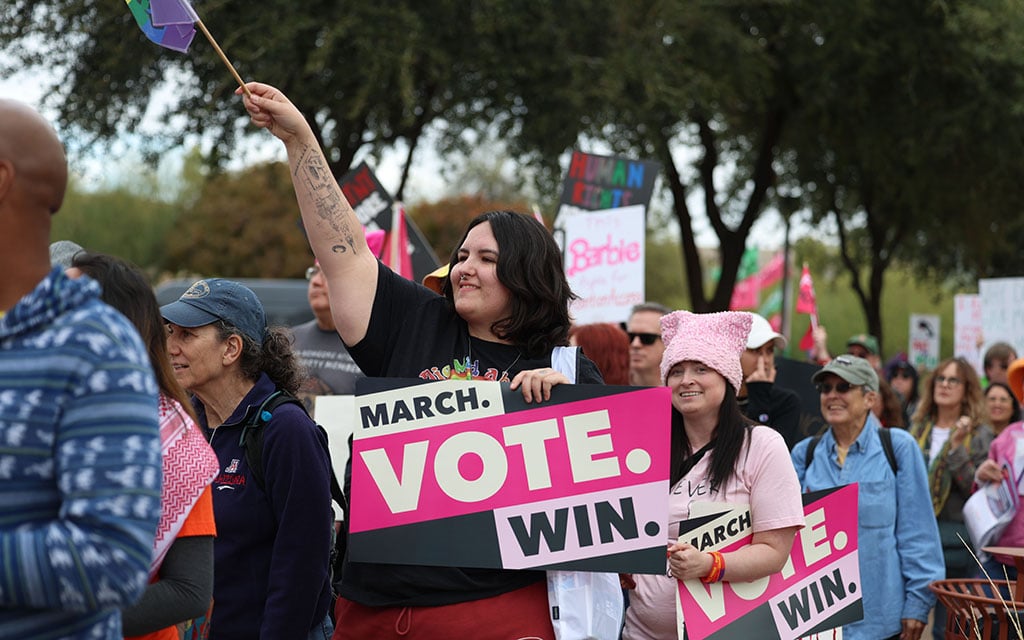WASHINGTON – Weeks after the Arizona Supreme Court revived a near-total abortion ban adopted decades before statehood, Democrats in California sprung into action. Through the end of November, Arizona doctors can get temporary licenses to perform abortions in California for Arizona patients.
Arizona abortion providers and abortion rights advocates voiced appreciation for the neighborly gesture.
But so far no Arizona doctors have signed up, California officials say.
The urgency subsided when the Arizona Legislature repealed the 1864 ban, which carried two to five years in prison for anyone who helped terminate a pregnancy, and for any woman who got an abortion unless her life was in danger.
The state still has a 15-week ban, enacted in 2022. But nearly all abortions are performed by the 13th week, according to Pew Research Center, so few Arizonans would need to cross a state line under the current ban.
“It honestly seems kind of useless,” Dr. Gabrielle Goodrick, medical director of Camelback Family Planning, a clinic in Phoenix that provides abortions, said by email. “It’s completely untenable, and impractical. Also, now that the ban will not take effect … there is no need for Arizonans to travel out of state.”
Gov. Gavin Newsom, a Democrat, signed the California law on May 23.
No one has yet sought an emergency license from the Medical Board of California or the Osteopathic Medical Board of California, according to Monica Vargas, a spokesperson from the state’s Department of Consumer Affairs.
For California lawmakers who supported the emergency licensure, the point was to show solidarity.
“The last thing we want to have is women not having the reproductive rights that we do here in California,” said state Rep. Cecilia Aguiar-Curry, a Democrat from Davis who co-chairs the California Legislative Women’s Caucus. “We’ve been very proactive in offering patients, women, (the opportunity) to come to California and get the health care services that they need.”
Arizona has five independent abortion clinics and four Planned Parenthood clinics.
Eloisa Lopez, executive director of Pro-Choice Arizona and the Abortion Fund of Arizona, works with four of the independent clinics and said she’s unaware of anyone who’s expressed interest in getting an expedited license from California.
It’s difficult to “expect a provider to start practicing care in California, but be able to maintain a clinic in Arizona,” she said.
California, where Democrats dominate state government, adopted a similar measure in 2022 after Republican-run Texas adopted a ban on abortion after six weeks. That’s sooner than many women even realize they’re pregnant.
The Arizona near-total ban dated to the Civil War, 48 years before statehood.
The 1973 Supreme Court landmark ruling in Roe v. Wade, recognizing a right to abortion, made such bans unenforceable, though technically they remained on the books.
In April, Arizona’s highest court ruled the ban became enforceable again after the U.S. Supreme Court overturned Roe, on June 24, 2022. The Arizona court delayed enforcement until Sept. 26.
The Legislature then repealed the ban, and Democratic Gov. Katie Hobbs signed the repeal on May 2.
But repeals of state laws don’t go into effect until 90 days after the Legislature adjourns. That adjournment took place Saturday night – in time to ensure the repeal takes hold two weeks before the 1864 law could have been enforced again.
For California providers, the new law was a source of confusion anyway. Many saw it as redundant with the 2022 law still in place allowing expedited licensing for abortion providers.
Under the 2022 law, 69 physicians have received licenses under the 2022 law, according to the California Department of Consumer Affairs.



